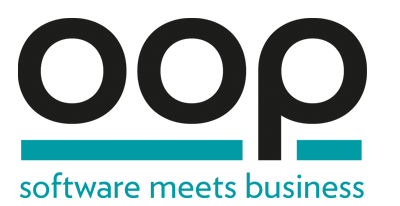Please note:
On this page you will only see the English-language presentations of the conference. You can find all conference sessions, including the German speaking ones, here.
The times given in the conference program of OOP 2024 correspond to Central European Time (CET).
By clicking on "VORTRAG MERKEN" within the lecture descriptions you can arrange your own schedule. You can view your schedule at any time using the icon in the upper right corner.
Thema: Limited Workshops
- Montag
29.01. - Freitag
02.02.
To expand our horizons in testing, we should ask ourselves the following questions:
- What did we learn from the history of testing?
- What did we miss and what did we forget?
- How can we do better testing in the future?
Therefore, in this interactive tutorial we will identify, discover, investigate, reflect, and discuss testing wisdoms from different categories to answer these questions and to expand our horizons – you are invited to bring your own top 3 testing wisdoms (I will bring my top n)…
Developing functional and effective generative AI solutions requires addressing various challenges. Ensuring moderated content and factual accuracy without hallucinations, integrating proprietary and domain-specific knowledge, adhering to stringent data-residency and privacy requirements, and ensuring traceability and explainability of results all demand meticulous engineering efforts. In this hands-on workshop we will explore strategies to overcome these challenges, learn about best practices…
As systems become complex, teams can be burdened with technical debt and architectural challenges, slowing development, and ultimately not being as agile and nimble as desired. If not enough attention is paid to technical debt, design problems will creep in until it becomes muddy, making it hard to deliver features quickly and reliably. This workshop discusses ways to sustain development by understating and managing technical debt. We will present the technical debt metaphor including the…
In this interactive training session, we will dive into the fascinating world of exploratory testing. Exploratory testing is a mindset and approach that empowers testers to uncover hidden defects, explore the boundaries of software systems, and provide valuable feedback to improve overall quality.
Through a combination of theory, practical examples, and hands-on exercises, participants will gain a solid understanding of exploratory testing principles and techniques, and learn how to apply them…

